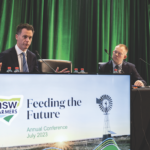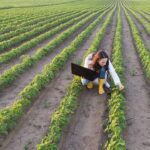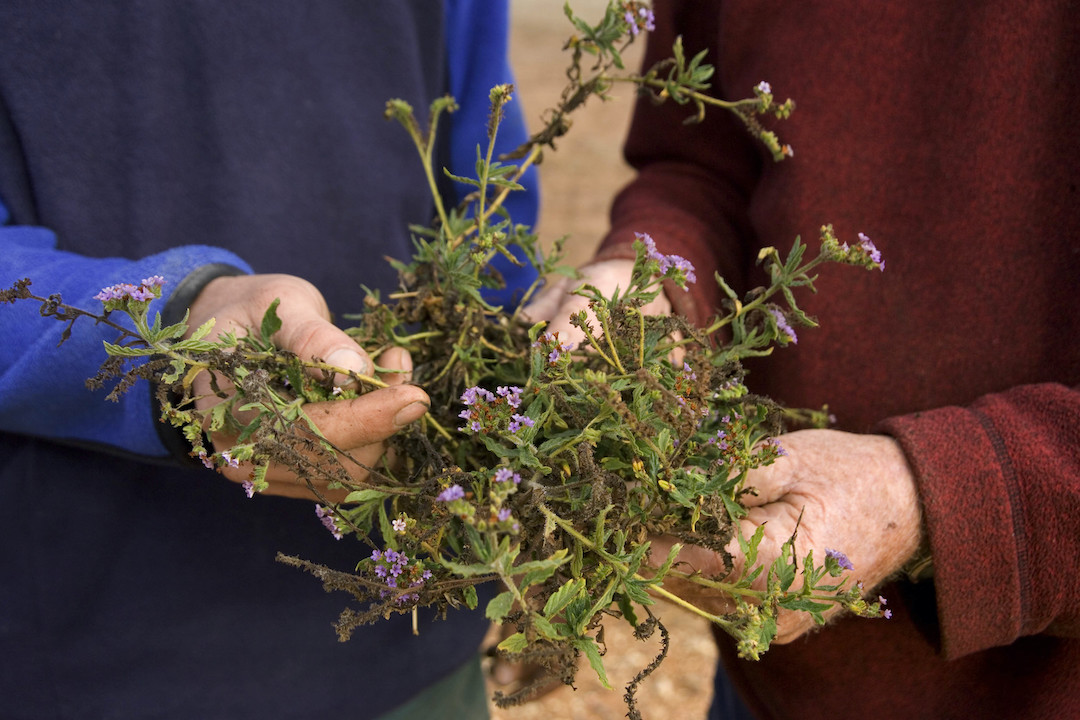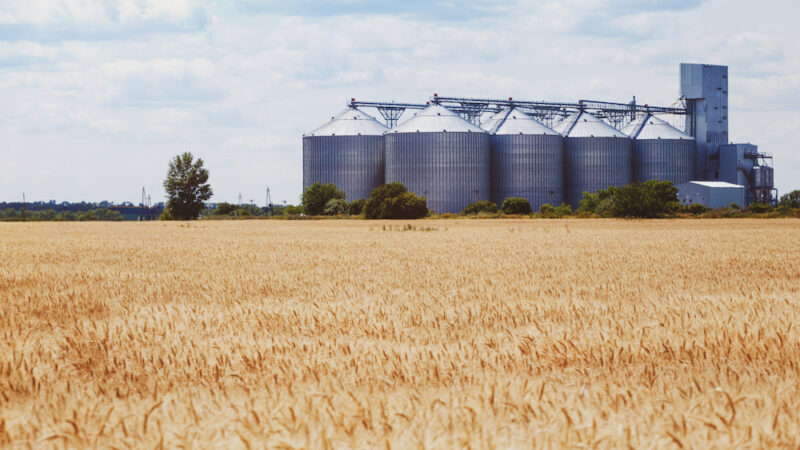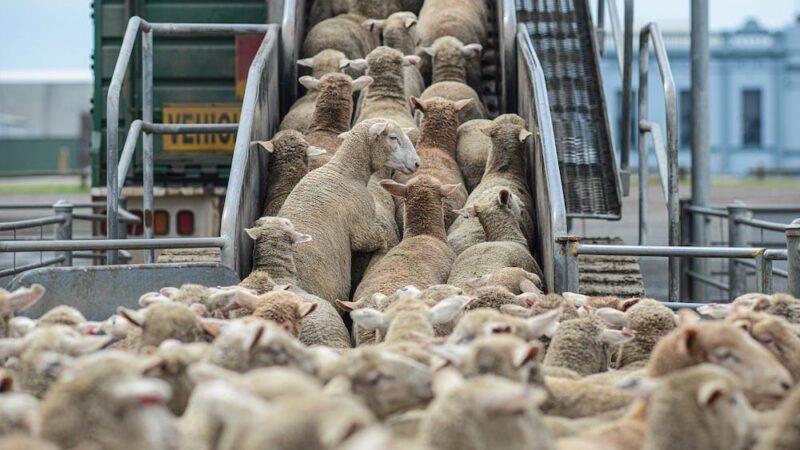The atmosphere at Rosehill Gardens Racecourse in mid-July was resolute, lively and highly social as…
ESG: The good, the bad and the confusing
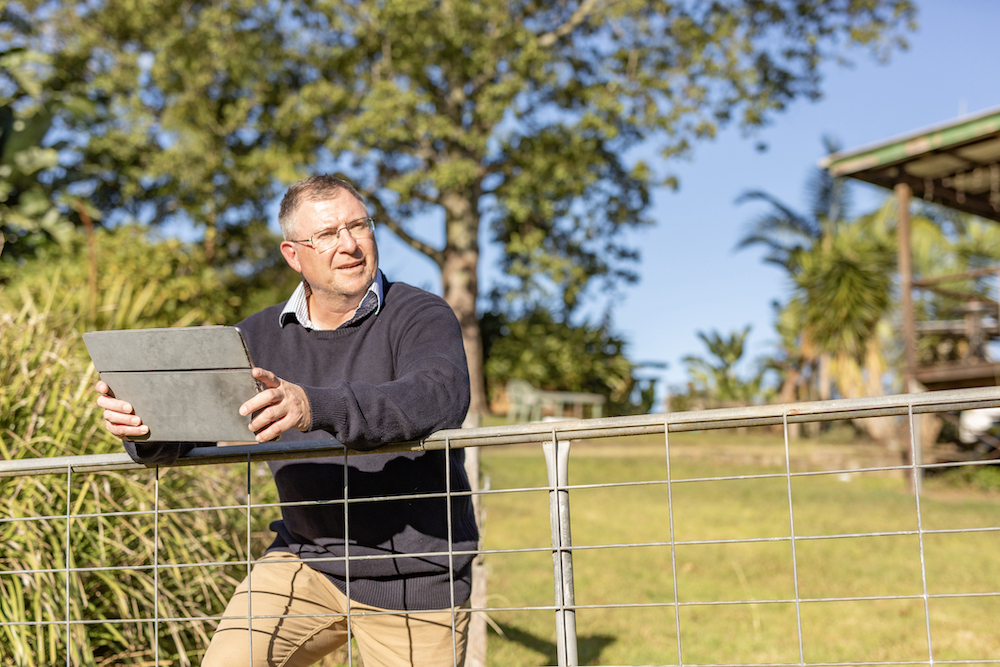
If you are confused about what ESG actually means, and how its definition and applications apply to farming, you are not alone. However, it�s worth exploring how it will affect you, and what you can do to navigate the changes that ESG is creating, by its arrival and in its wake.�
Never before in history have so many people relied on so few to produce their food. This is especially true in Australia where less than half of one per cent of the population work in agriculture to feed the remaining 99.5 per cent.
But some of those 99.5 per cent want to bite the hands that feed them, warned Matthew Cossey, CEO of CropLife Australia, in a no-holds-barred speech at a luncheon hosted by the Farm Writers Association of NSW in Orange in September 2023. And they are doing so via the weaponisation of ESG (Environmental, Social, and Governance) � requirements designed to help reduce the negative environmental impacts of doing business and meet global sustainability goals like net zero carbon emissions by 2050.
�For ESG in agriculture to be a positive force, it is important that the best available science guides [the practices associated with] it, and that they mustn�t be allowed to be hijacked by any other ideological agenda, particularly those fundamentally opposed to modern agriculture,� Matthew said, adding: �This feels like an all too familiar battle front-lined by affluent activist groups funded by tax-deductible donations from those with full bellies and designer grocery bags that seek to define what good farming looks like on their terms.�
The speaker also warned of the risk of a �green famine� resulting from ESG agendas on steroids in regions like the EU where the blanket reduction of pesticides and fertilisers and a target of 25 per cent organic farmland by 2030 is predicted to reduce food production on the continent by up to 12 per cent � and increase global food prices by a whopping 9 per cent.
But like it or not, ESG has become a quotidian fact of modern farming.
So what exactly does it actually mean for farmers? How is it different to ESG for other highly regulated industries such as banking? What will environmentally conscience farmer be required to do that they�re not already doing? And how will it affect your hip pocket?
We posed these questions to three ESG experts from different disciplinary backgrounds at the NSW Farmers� Association. Here�s what they had to say: the good, the bad, the confusing.

The policy director
A law graduate who once owned two McDonald�s restaurants and spent seven years working for the NSW Government caring for our land and water, Nick Savage, environment policy director at NSW Farmers, is the first to admit how confusing ESG is.
�The thing about ESG,� he says, �is there�s no overall government checklist for business, and I understand that is where a lot of the confusion lies. But I don�t think ESG should ever be presented as a checklist where you can say I�ve done this, so now I�m compliant.
�ESG,� he explains, �is more of a culture than anything else. And that culture is already a big part of the way our members, family farmers, operate in this day and age. For example, if you�re examining a company�s emissions output and biodiversity on land, you are probably already meeting a lot of your ESG requirements simply by adapting it and recording it. But if you�re completely ignoring the importance of having some kind of social responsibility and not creating any data, you�re going to be behind the eight ball.�
Just about every farmer Nick speaks to about ESG feels it�s just extra work.
�Corporate farms do this very well. They have the resources to address ever-changing regulatory requirements,� he says. �But a family farm may have one or two employees and feel they�re already saddled with too much compliance work. The last thing they want is more.
�What I tell them is there�s no turning back. We�re already on this journey so the best thing you can do is ensure your data points are doubly useful for the management of your businesses. In saying that, I think the government needs to help set things up in a way so that farmers are more capable of meeting ESG requirements while not losing out on production. That�s the kind of lobbying we are doing at NSW Farmers.�
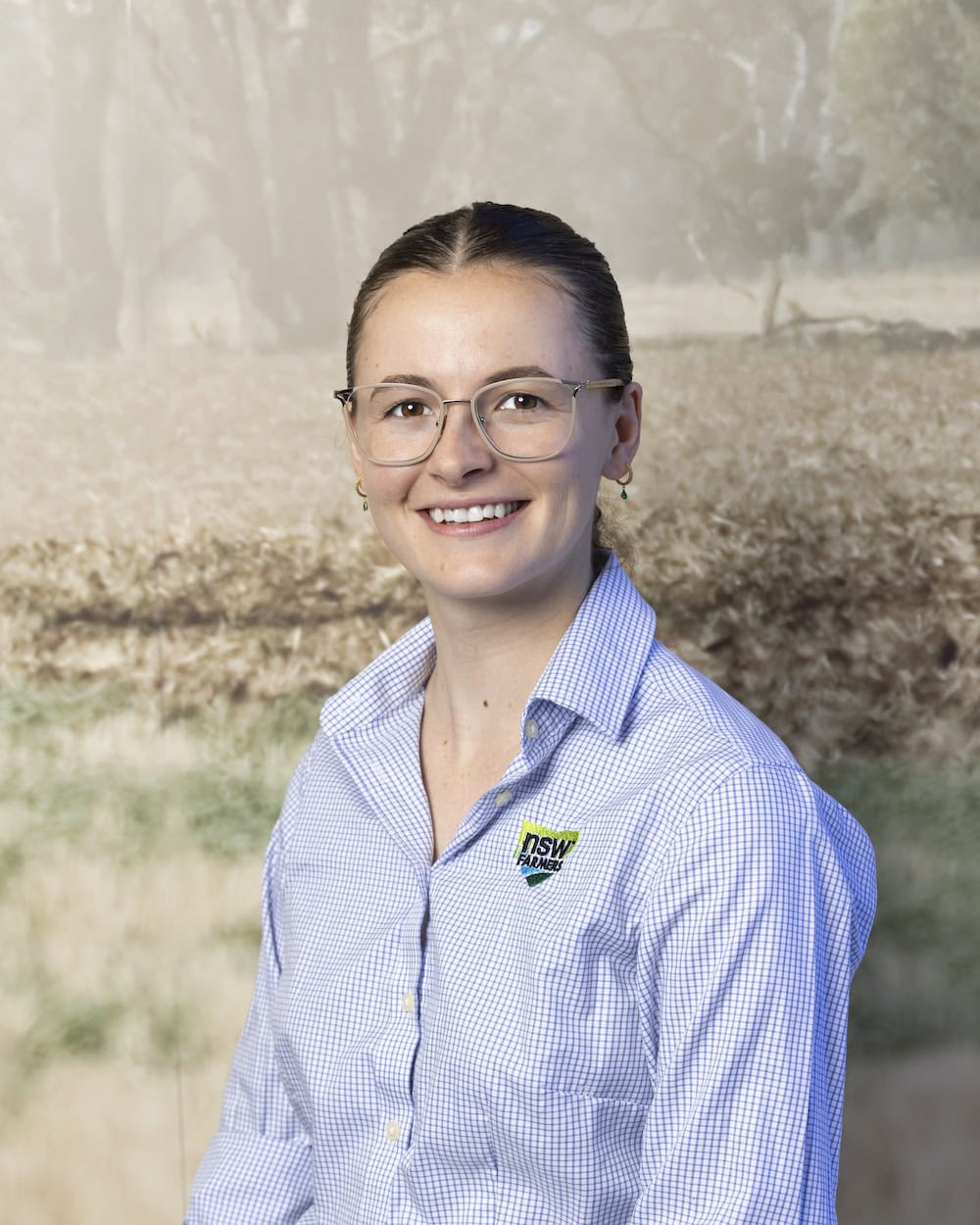
The environmental scientist
A graduate of environmental science who was born and raised on a farm, NSW Farmers environmental policy advisor Rhiannon Heath is unequivocal in her belief that ESG is going to become ever more important in the day-to-day running of farming in our state.
�Farmers will have to adapt to global trends and there is nothing we can do to stop that from happening,� Rhiannon says. �My role is to talk to government and to farmers to try to make the transition as smooth as possible while protecting food security.�
One of the biggest sticking points in Rhiannon�s opinion is confusion and even contempt from farmers for ESG.
�Talking about ESG is not always productive and one of the reasons for that is ESG doesn�t have a strict definition that applies to agriculture. The language is very confusing, and a lot of these policies tend to apply to big businesses. They cannot be applied to agriculture in a meaningful way,� she says.
�There are a million different metrics you can use to measure ESG, so when I talk to farmers, I try to break it down into sustainability frameworks because it�s a more practical way for farmers to wrap their heads around it. I also try to explain how many of the things that they are already doing to comply with regulations, and by participating in things such as carbon credit schemes, indicates a very high standard of ESG.�
Rhiannon is concerned about what is happening with ESG but thinks it is highly unlikely farmers in Australia will face the same extreme kinds of pressures here �because what�s happening in the EU is socially driven, and we don�t have the same kinds of social pressures.�
�But some industries,� she notes, �are already being affected by export restrictions in the EU, such as restrictions on meat production where it has resulted in deforestation. These conditions are likely to intensify in the future and are seriously affecting many producers.�
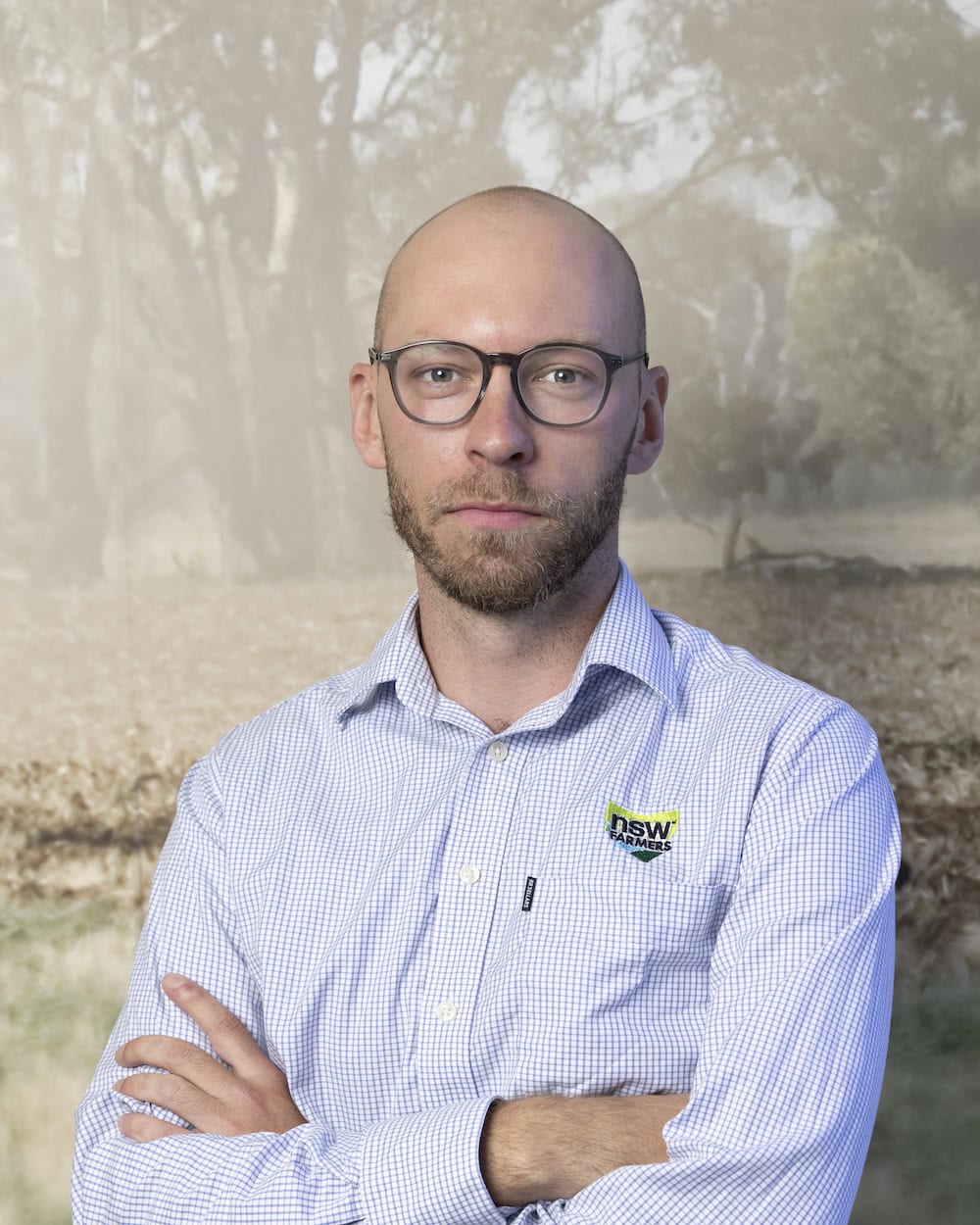
The economist
A graduate of agricultural economics at the University of New England, Brendan O�Keeffe admits ESG is a �really complex, immature market� full of �teething problems that need to get worked out�.
That said, he wants to share two important points about ESG and farming.
�The first point is � as is the case with all new and complex market mechanisms such as insurance � the best way to navigate ESG is through brokers who visit farmers. They need to learn about farmers� insurance needs, buy the best product and help them make claims,� he says.
�They�re �information fixers�, and the same thing will probably happen with ESG. But the problem is, we still don�t have an accreditation system for ESG brokers, which means unscrupulous brokers can waltz in and fill the gap. I don�t know if that is already happening but without accreditation, there is a potential for things to go awry. So, I think there�s an option for local land services to fill that gap.�
�The second point,� he says, �is that supermarkets in Australia � or any buyers for that matter � are probably going to have ESG standards or goals of their own the same way they have their own aesthetic standards for fresh produce.
�If things turn out that way, farmers will have to choose one supermarket to supply, and if they change supermarkets, they�re going to have to change their ESG certification, which is going to take a whole lot of effort.
�It also locks farmers into one buyer, or if they want to supply multiple buyers, they�re going to have to ensure their produce conforms to multiple ESG standards. It�s another potential way for supermarkets to gain more leverage over farmers than they already have,� he explains. �Eventually, this other space in ESG is where I think the government is going to have to play a role to ensure it is a force for good, and that farmers get compensated for the extra costs imposed upon them.
He says that organic farming is the classic example of where that has already happened. �You could say that environmental degradation from agriculture for instance, occurs because farmers are being underpaid. The economic argument for that is very clear.�
If you enjoyed this piece about ESG, you may like to read about how public liability insurance is backing farmers into a corner when it comes to wind and solar projects.


